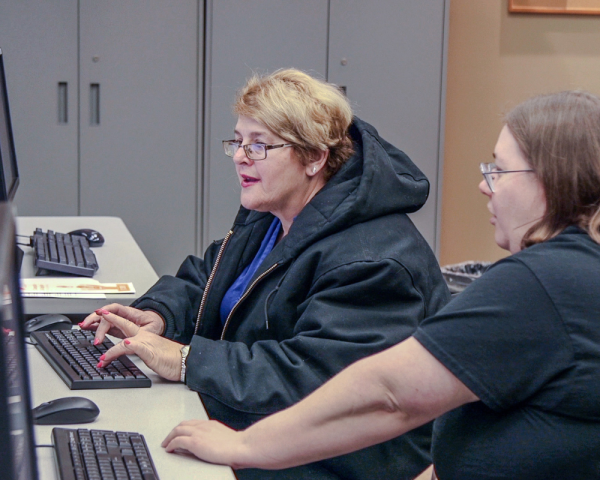

Website Search
Celebrate Lexington, Kentucky’s 250th anniversary this April with a full month dedicated to the history and heritage of music, poetry, and literature in and around Lexington with events hosted by the Lexington Public Library, the City of Lexington, 21c Museum and Hotel, the Carnegie Center for Literacy & Learning, Institute 193, and the Pam Miller Downtown Arts Center.
The Lexington Public Library is pleased to offer teachers, childcare providers, and homeschooling families the "Bucket of Books" service. We can supplement your curriculum with specially-selected books on a particular topic or provide your classroom with specially-selected books for your students' pleasure reading.
The Lexington Public Library offers an Interlibrary Loan (ILL) service which allows cardholders in good standing to borrow books and receive copies of articles we do not own and cannot purchase. Our borrowing network includes over 4,000 participating public and academic libraries.
The Materials Selection Policy was initially adopted February 25, 1987 by the Lexington Public Library Board of Trustees and was revised March 24, 1993. The Materials Selection Policy was updated and renamed the Collection Development Policy which was approved by the Board on January 14, 2009. The Board of Trustees assumes full responsibility for all legal actions which may result from the implementation of any policies stated herein.
The showcase will include an African drum ensemble, dance, poetry, vocal performances, live art and more. For families and all ages.
Hosted by Lexington "Hip-Hop Picasso" Tony Wavy.
This event is in partnership with the Lexington Public Library and the West End Community Empowerment Project.
In the 1960s, the world's attention was focused on a nail-biting race against time--an international campaign to save over a dozen ancient Egyptian temples, built during the height of the pharaohs' rule, from drowning in the floodwaters of the gigantic new Aswan High Dam.














